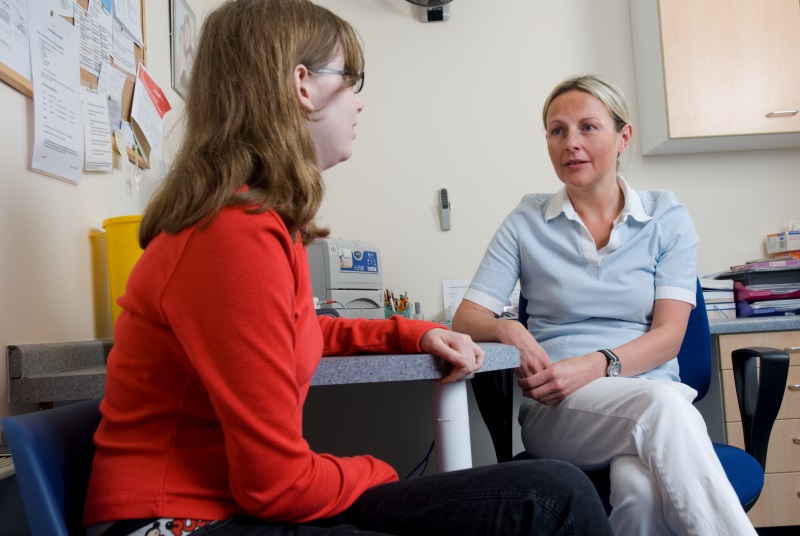
Getting into practice nursing
Practice nursing is a flexible role. No night shifts… Maybe even no weekends! The varied caseload and autonomous nature make it attractive to newly qualified and experienced nurses alike. A quick search on NHS Jobs will show that there is an abundance of positions available as experienced practice nurses retire. However, many vacancies will be looking for an experienced practice nurse. Hopeful nurses from all branches may find this hurdle difficult to overcome.
Some practices will provide on the job training to the right candidate. There are online courses from the LMC and other providers. Some practices may provide training in clinic hours lead by other practice nurses and GPs. This will usually include observing and being observed. This way works for some people and some practices. However, I suggest that nurses exercise caution when applying for these roles. Conscientious recruits may find themselves receiving substandard training and support. It may be that the practice tries to pressure nurses to do things their way; which may not be the right way.
Universities countrywide provide general practice nursing degrees for those with a diploma and a postgraduate diploma for those that have a pre-registration degree. A quick Google search will bring up plenty of options.
Some CCGs recruit nurses and put them through a course at a local university. Alongside this training the trainee practice nurse will also have the support of a clinical tutor. This individual will be an experienced practice nurse that will provide mentorship to the trainee. This should be in addition to mentorship in the practice itself.
These courses are often referred to as General Practice Nursing (GPN) programmes. In London, there are options for courses over one or two years. The fees are covered by Health Education England and all or part of the nurse’s wages are covered. Practices are often very interested in the programmes due to the excellent training and financial benefits. The employment contract is fixed term with one day a week study leave. Some boroughs provide peer support groups for when the students are not in university. This enables the trainee practice nurses to discuss their new roles and bring queries to the group.
The programmes are competitive. In 2016, I started the Tower Hamlets two-year programme ‘Open Doors’. There were four spots. The application was through NHS jobs and a personal statement. I was then invited to a sort of interview during which I was required to act out a scenario with a paid actor. I was observed by one of the clinical mentors and an occupational psychologist. Subsequently, I was invited to ‘speed dating’. I met the teams from the four practices that were looking for a nurse. The practice managers and partners then decided who they wished to invite to interview.
I was invited for one formal interview at the practice. I was so relieved when they offered me the job and I’ve been there ever since.
The postgraduate diploma was good and I felt very well supported. The modules were mostly relevant to practice. In my opinion, the two-year programme ensured I was really prepared for the role. The clinical mentors were inspiring and high-quality care is interwoven in everything they do.
The NHS is rightly pouring money into supporting and training practice nurses. I have met so many dedicated practice nurses from across the capital that really love that what they do. This gives me confidence that the programmes all over the country will be pushing forward the practice nursing profession and striving to find and keep the next generation of practice nurses.
Best wishes, Kelly
Further reading: Queen’s Nursing Institute Transition to General Practice Nursing Resource CV writing for nurses: the RCN provide a CV feedback and advice service. Email your CV, full name and membership number to [email protected]
